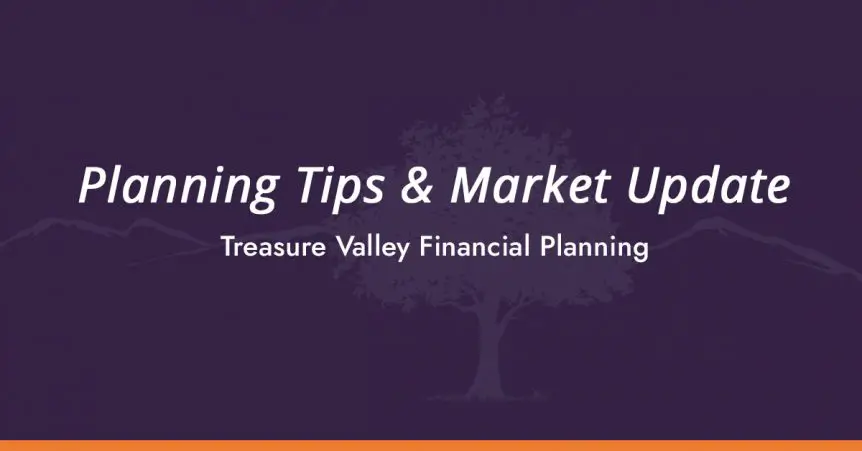Email Us

The Acquisition of Memories
They say that a checkbook and a calendar never lie. If that’s true, and we believe it is, then we should occasionally ask ourselves an important question:
If an impartial observer tallied up how we spend our time and money, what would they say is important to us?
While we’re certainly hopeful they’d say that we spend our time and money in complete alignment with what’s most important to us, we’re guessing most of us would feel that we could do a bit better.
To help bring our time, money, and values into more alignment, let’s explore how we might spend our resources more intentionally so that we’ll look back with more satisfaction. More gratitude. And more awe.
There’s a great book titled “Die with Zero” by Bill Perkins that might help point us in the right direction. While the title may cause trepidation for many of us, the book is filled with great thoughts that offer a helpful framework for living a fulfilling life.
One such thought Perkins shares comes from the show Downtown Abbey. It says,
“The business of life is the acquisition of memories. In the end, that’s all there is.”
We like that because, when we lose someone we love, what do we do? Of course, we recount our memories with that person. And since memories are often the result of having landmark experiences together, it should motivate us to pursue experiences that provide more memories with our loved ones.
Every landmark experience produces those memories through three distinct and enjoyable phases: the anticipation of the experience, the experience itself, and the lasting memories (and photos) those experiences create.
Perkins calls these “memory dividends” because each experience adds to the memories that have come before, similar to compounding in investing, but applied to life.
What’s interesting about these landmark experiences is that the most common regret is “not having done it sooner.” Perhaps we’ve said those words ourselves. And yet, we often delay the next one into the distant future. But why?
Based on our experience and observation, people delay for two reasons: fear of squandering their money and/or what we call “someday thinking.”
Perkins addresses the first concern by saying that we shouldn’t “let opportunities pass us by for fear of squandering our money. Squandering our lives should be a much greater worry.” Rarely does anyone talk about that latter part, but we should because none of us are promised tomorrow, which brings us to the second reason.
That is: “someday thinking.” We tell ourselves that we’ll eventually get around to doing this or that as if our time is infinite. As a clarity exercise, ask yourself,
“What if ‘someday’ never arrives? Will you regret not acting while you had the chance?”
To be clear, there are occasionally good reasons to delay when the time or money isn’t quite right. But to paraphrase Zig Ziglar, “If we wait until all the lights are green to head into town, we’ll spend our whole lives sitting at home.”
We don’t want that for you. So, as our wheels start turning, please note that the experiences we’re advocating for don’t have to be expensive; they just have to be memorable.
Sure, you may want to travel the world. But you may also find novel ways to spend time with family, or help those less fortunate. Or maybe some of each.
There is no one, right way. But as we come to the moment of exploring what’s possible, we want to remind you that the very purpose of planning and working together is to help you live your best life, however you define it.
That being the case, we want to leave you with a question today that we’d love for you to respond to whenever the time is right if this hits home for you. That is,
“What are one or two items on your ‘bucket list’ that you’d most like to check off?”
Ponder that, and let’s discuss how we might make it happen!
We look forward to your response! As always, stay the course.
